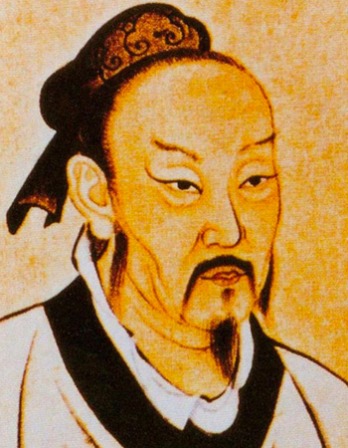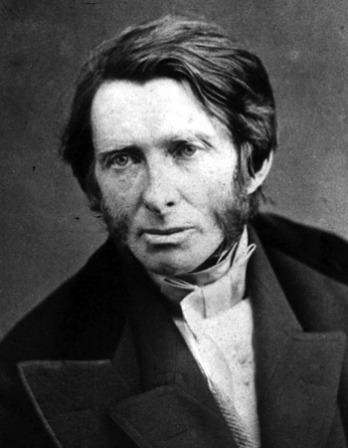There ought to be no bywork interfering with the greater work of providing the necessary exercise and nourishment for the body and instruction and education for the soul.
Night and day are not long enough for the accomplishment of their perfection and consummation. Therefore to this end, all freemen ought to arrange the time of their employments during the whole course of the twenty-four hours, from morning to evening and from evening to the morning of the next sunrise. There may seem to be some impropriety in the legislator determining minutely the little details of the management of the house, including such particulars as the duty of wakefulness in those who are to be perpetual watchmen of the whole city. For that any citizen should continue during the whole night in sleep, instead of being seen by all his servants, always the first to awake and the first to rise—this, whether the regulation is to be called a law or only a practice, should be deemed base and unworthy of a freeman. If they rise early, they may all of them do much of their public and household business, as magistrates in the city, and masters and mistresses in their private houses, before the sun is up. Much sleep is not required by nature, either for our souls or bodies, or for the actions in which they are concerned. No one who is asleep is good for anything, any more than if he were dead, but he of us who has the most regard for life and reason keeps awake as long he can, reserving only so much time for sleep as is expedient for health. Much sleep is not required if the habit of not sleeping be once formed. Magistrates in states who keep awake at night are terrible to the bad, whether enemies or citizens, and are honored and reverenced by the just and temperate, and are useful to themselves and to the whole state.
A night that is short and devoted to work infuses a sort of courage into the minds of the citizens. When the day breaks, the time has arrived for youth to go to their schoolmasters.
From Laws. Born into a distinguished family, Plato founded the Academy on the outskirts of Athens in 387 bc. The Laws, his longest work, is believed to have been unfinished when he died around 348 bc. Unlike Plato’s earlier Republic, the Laws imagines a system of city governance that is practical rather than utopian, and it stands out from the majority of his dialogues in its setting—the island of Crete rather than Athens—and by the absence of Plato’s teacher Socrates as interlocutor.
Back to Issue





